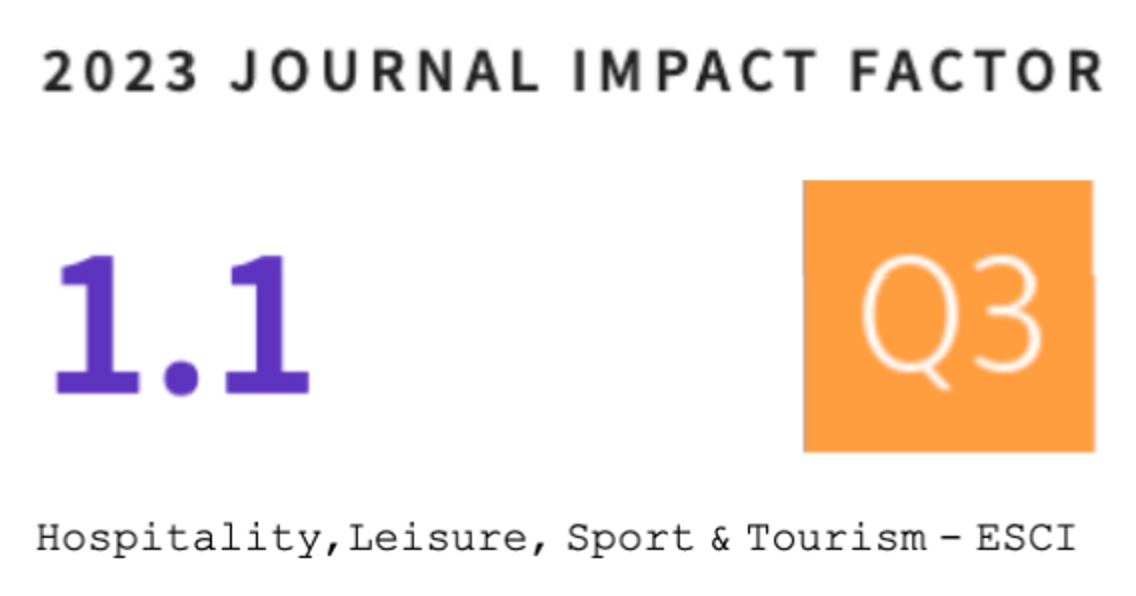Modelos de trayectoria deportiva en waterpolo y su implicación en la transición hacia una carrera profesional alternativa. (Athletic Career Models in Water Polo and their Involvement in the Transition to an Alternative Career).
DOI:
https://doi.org/10.12800/ccd.v6i17.36Abstract
http://dx.doi.org/10.12800/ccd.v6i17.36
El objetivo de este estudio es analizar, a partir de un enfoque cualitativo, el proceso de transición de los deportistas de elite desde el deporte de alto nivel a una carrera profesional alternativa. A partir de un deporte especialmente heterogéneo en cuanto a dedicación y retribuciones como es el caso del waterpolo, se llevaron a cabo 20 entrevistas semiestructuradas con jugadores y jugadoras de división de honor buscando la saturación de información en cuanto al género (10 hombres y 10 mujeres) y momento de la carrera (10 en activo y 10 retirados). El análisis de contenido basado en la planificación de la carrera, la conciliación de los ámbitos psicosocial, deportivo y académico-vocacional, y la toma de decisiones en la retirada que si bien la iniciación en el deporte era similar en todos los casos, una vez comenzaba la etapa competitiva, surgían tres modelos distintos de trayectoria: el lineal, en el que el deporte se considera dedicación exclusiva; el convergente, en el que el deporte es prioritario pero se compatibiliza con una formación alternativa; y el paralelo, en el que deporte y formación superior reciben la misma priorización. Estos modelos de trayectoria implican diferencias respecto del grado de autonomía para decidir la retirada, el nivel de planificación de la carrera, el tipo de identidad deportiva y la percepción de disponibilidad para afrontar la transición hacia una vida laboral alternativa.
Palabras clave: Retirada, deporte, planificación, adaptación.
===
Abstract
The aim of this study is to qualitatively analyse the transition of elite athletes from high-level competition to an alternative professional career. Focusing on an especially heterogeneous sport with regard to hours dedicated to the sport and earnings, such as in the case of water-polo, we conducted 20 semi-structured interviews with Spanish First Division [División de Honor] players seeking as much information as possible by gender (10 men and 10 women) and career stage (10 current and 10 former athletes). The content analysis based on career planning, compatibilization of the psychosocial, athletic and academic-professional domains as well as decision making about retirement revealed that although sport initiation was similar in all cases, once the competitive stage began, three different career models emerged: linear, in which sports are given exclusive dedication; convergent, in which sports are prioritized but compatibilized with an alternative education; and parallel, in which sport and higher education are equally prioritized. These career models involve differences with regard to autonomy in the decision to retire, the level of career planning, the type of athletic identity, and the perceived availability of resources to cope with the transition toward an alternative professional occupation.
Key words: Retirement, Sport, Planning, Adaptation.
Downloads
How to Cite
Issue
Section
License
The authors who publish in this journal agree with the following terms:
- The authors retain the copyright and guarantee the journal the right to be the first publication of the work as well as licensed under a Creative Commons Attribution License that allows others to share the work with recognition of the authorship of the work and the initial publication in this journal.














